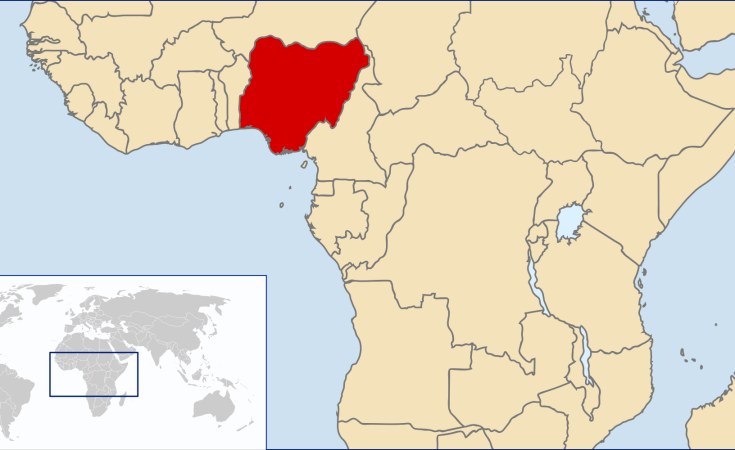
The World Bank has said Northern Nigeria accounted for 87 percent of all the poor people in Nigeria in 2016.
The global financial institution which disclosed this a new report titled: ‘Advancing social protection in a dynamic Nigeria,’ released on January 28, 2020, said it did a detailed analysis of the social protection sector’ in the country.
The World Bank noted that while that Nigeria was a richly endowed country, it had a larger proportion of the world’s extreme poor than any other country. The bulk of the poor, it said, are in the Northern part of the country, with Northwest, the home zone of President Muhammadu Buhari which has also produced most Nigerian leaders, accounting for the highest number.
“Nigeria experiences high inequality along geographic lines, with poverty mostly concentrated in the North and in rural areas. Poverty in the northern regions of the country has been increasing, especially in the North-West zone,” the report said.
“Almost half of all the poor lived in the North-West and the North accounts for 87 per cent of all the poor in the country in 2016.
“Poverty rates in the southern zones were around 12 percent with little variation across zones. The South-South zone saw the most significant drop in poverty from 2011-2016.
“Poverty was significantly higher in rural areas of the country in 2016. An estimated 64 per cent of all poor lived in rural areas and 52 per cent of the rural population lived below the poverty line in 2016. In contrast, the poverty rate in urban areas remained stable at 16 per cent between 2011 and 2016.
“Regionally, the North lags far behind the South in every human capital outcome. People in the Northern regions are also more vulnerable to falling into poverty.

The report attributed the situation in part to Boko Haram, noting that most of the youth recruited by Boko Haram are jobless, a development which made them more prone to radicalisation.
It noted that the activities of the Boko Haram insurgents in the North-East since 2014 had created a sense of ‘failed political promise’.
“Disasters and conflict have displaced many Nigerians, especially in the North-East. According to estimates provided by the International Displacement Monitoring Centre, there were more than two million internally displaced persons in Nigeria as of 31 December 2018,” the report said.
“In 2018 alone, more than 600,000 Nigerians were displaced due to natural disasters and more than 540,000 were displaced due to conflict and violence.
“In the North-East, the emergence of the militant Islamist group Boko Haram since 2014 has not only caused large scaled displacement, but also several incidences of kidnapping, death, and injuries, and the erosion of social contract due to widespread perception of a failed political promise. Poverty and deprivation have played a central role in fostering a social divide.
“The youth used by Boko Haram to partake in the conflict are jobless, without skills, or trades, and are easily susceptible to radicalisation
“Social protection measures in the country are neither well-suited to respond to conflict, nor well-placed to anticipate and mitigate the risks of natural disasters caused by climate change.”
According to the report, weak governance, lack of basic infrastructure, poor quality of education, and poor social service delivery, were some of the reasons for the high level of poverty in Nigeria.
“Poverty remains high in Nigeria due to its dire social service delivery outcomes and lack of basic infrastructure.
“Nigeria has the highest number of out-of-school children of primary school age in the world with nine million children out of school.
“There has been little change in vaccination rates over the last 25 years and Nigeria is set to overtake India as the country with most under-five deaths in the world.”
The Bank disclosed that 71 million Nigerians lack access to improved water, while 130 million people do not meet the Millennium Development Goal standards for sanitation.
The situation, it said, is worse in the North-East and North-West, where only around 25 to 28 per cent of households have access to basic services such as electricity, water, and sanitation.
The World Bank further observed that number of Nigerians living in extreme poverty went up from 2011 to 2016.
The poor in Nigeria lag far behind the rich in every human capital outcome, according to the World Bank Human Capital Index, where Nigeria ranked among the worst seven performers.
The report said the rate of poverty in Nigeria increased from 35.0 to 38.8 per cent of the total population from 2011 to 2016.
The report noted further that, despite Nigeria’s middle-income status, almost four out of 10 citizens lived below the national poverty line in 2016.
Between 2011 and 2016, the total number of people living in poverty increased from 57 million to 74 million, the World Bank added.
- Hallmarknews




No comments:
Post a Comment